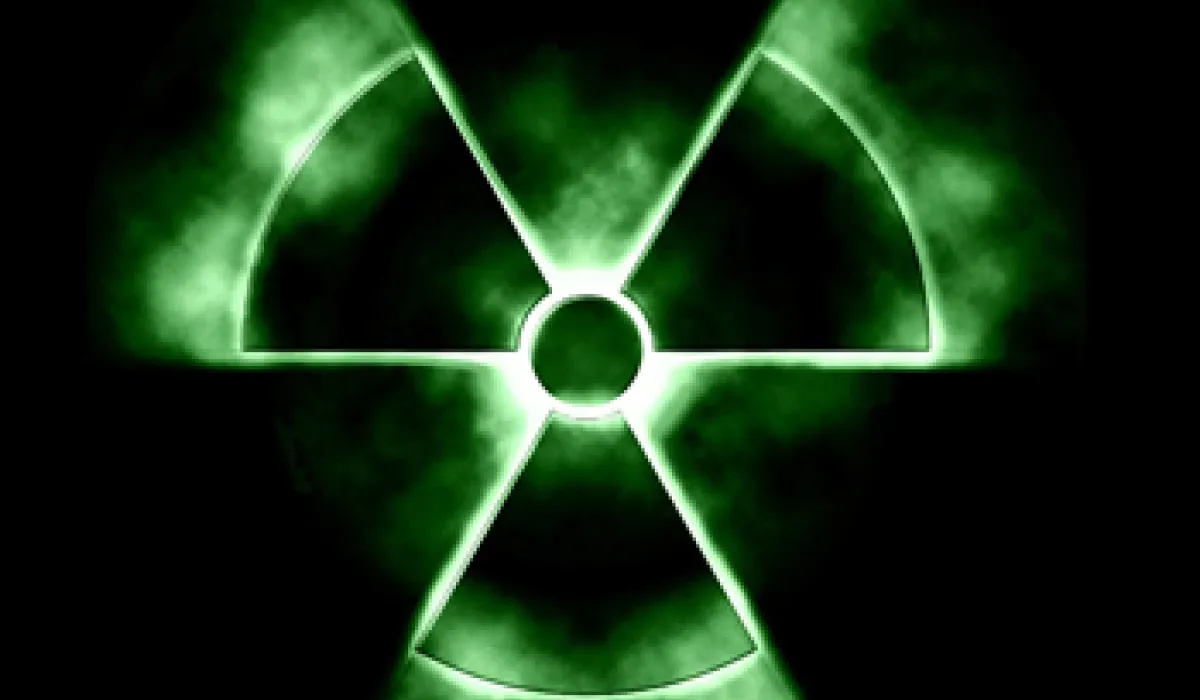Tensions Rise Between Germany and India over Toxic Ship

The news of the imminent departure of the German container ship Northern Vitality in south-east Asia, where it should be dismantled, has sparked protests from environmental groups in India.
Because of the highly harmful materials on board is considered a "toxic ship”. Final destination is the notorious shipbreaking yard in Alang, unless the German authorities do not intervene to stop what ecologists call a "illegal export".
In accordance with the current legislation in the European Union, this kind of ships are regarded as hazardous waste and can not be sent abroad for demolition. So far, however, the European owners have circumvented this law by simply selling their vessels under flags of convenience or recording them just before dismantle.
In the case of the Northern Vitality "trick" seems to be which seem obvious: the cargo ship, owned until last August by the German company Norddeutsche Vermögen Holding, was providentially sold to U.S. company GMS, because it was no longer eligible to remain in service.
Ingvild Jenssen, director of the NGO "shipbreaking Platform," said that this trick is no longer tolerable. The organization has been fighting for years to prohibit the sending of the old ships from Europe to Asia, in order to protect the environment and health of workers, the same as in countries like India and Bangladesh are boats to dismantle of all kinds, often with bare hands, coming into contact with toxic materials or harmful.
The worst fear is that the course of Nortnern Vitality is soon to be followed by its sister ships, the Northern Dignity and Northern Felicity. Currently, two merchant ships are anchored in the ports of Singapore and Dubai, but have also been already sold to GMS.
Recently, the European Union is studying the application of new guidelines to regulate the demolition of old vessels in the wild outside the EU. The triangulation that has so far allowed the owners to circumvent the law may soon no longer be possible, thanks to a proposal made in May by the European Commission for the Environment.

